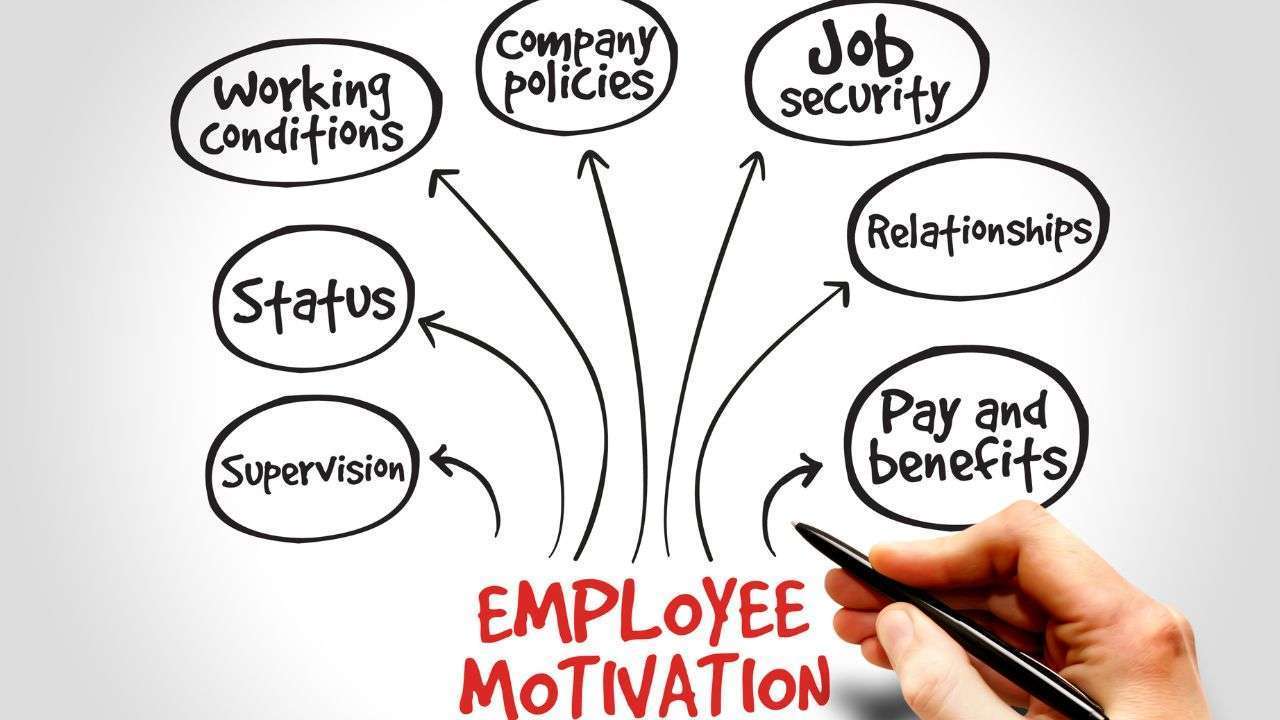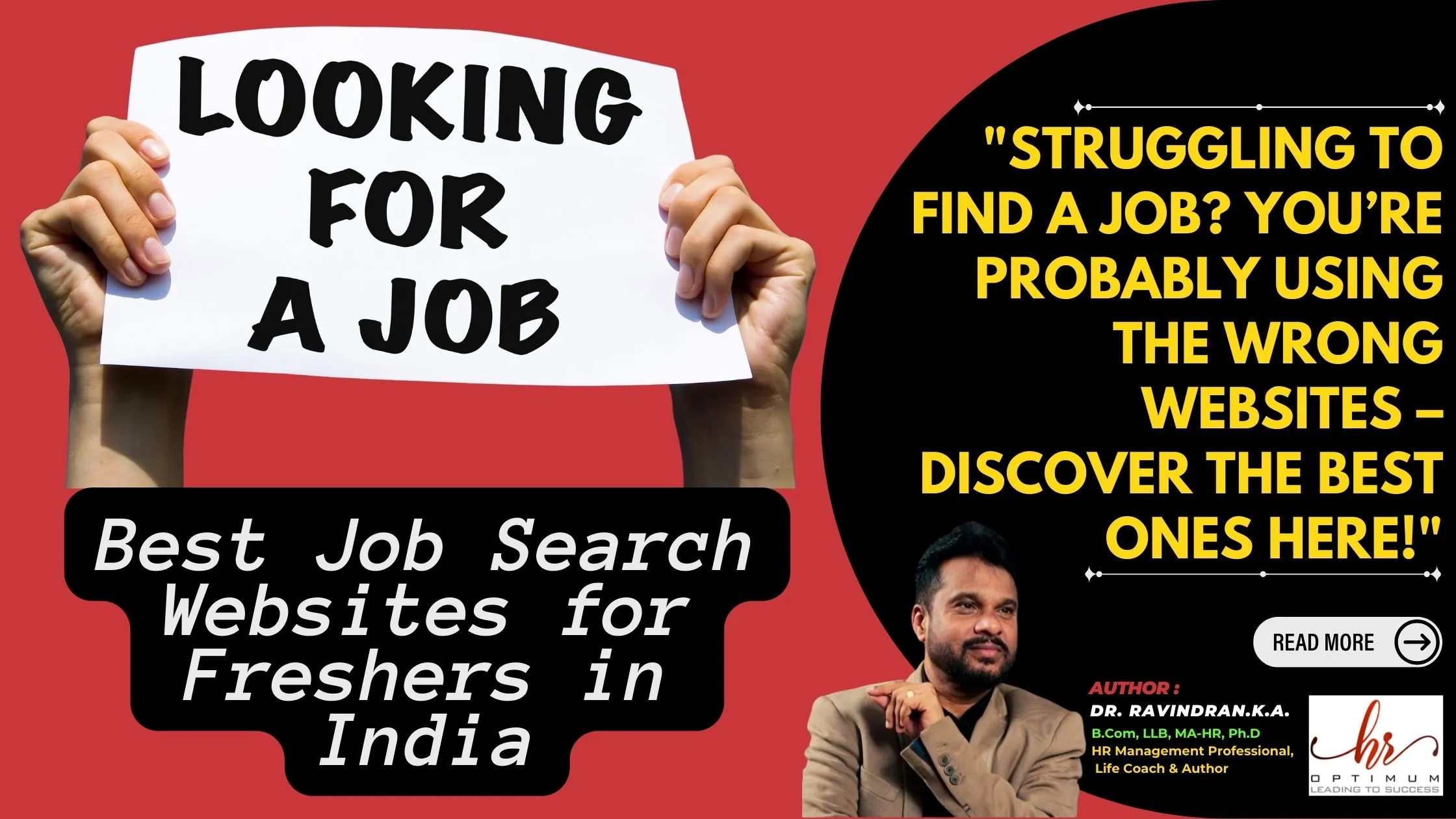Understanding Candidate Motivation: Key Insights
In today’s job market, knowing what motivates candidates is key to getting the best people. Ever thought about what makes someone choose a new job? Let’s explore what pushes people to change careers and what motivates them.
Thank you for reading this post, don't forget to subscribe!Key Takeaways
- Salary is a crucial factor in motivating candidates, as they expect fair compensation aligned with their skills and experience.
- Company culture plays a significant role in candidate motivation, as they seek organizations with values and work environments that match their own.
- Career advancement opportunities are a key driver, as candidates look for roles that offer growth and development prospects.
- Flexible work arrangements are an important consideration, as candidates seek to balance their professional and personal lives.
- Interesting and intellectually stimulating work can be a powerful motivator for candidates.
Unraveling the Driving Forces Behind Career Moves
Today, people want more from their jobs than just a paycheck. Career progression and professional development are now top reasons for changing jobs. Companies that offer great career advancement programs and clear paths for growth attract the best workers.
Career Progression: Climbing the Professional Ladder
People aim for jobs that see their potential and offer clear growth paths. Employers that provide professional development like training and mentorship help their employees grow. This shows they care about their workers’ future.
Flexible Work: Balancing Life and Career
Work has changed a lot, making work-life balance key for job seekers. Now, people look for jobs that let them work from anywhere, have flexible hours, and more. This way, they can take care of their personal lives and stay happy.
| Applicant Type | Percentage of Job Seekers |
|---|---|
| Diligent, high-volume applicants | 10% |
| Sporadic, high-volume applicants | 25% |
| Diligent, selective applicants | 40% |
| Sporadic, selective applicants | 25% |
Knowing what drives career changes helps employers attract and keep top talent. These are people who are career-driven and value a good work-life balance.
The Art of Aligning Roles with Aspirations
Candidates look for jobs that spark their intellectual curiosity and match their passions. They want interesting work that motivates them. Employers who highlight the unique challenges of their projects attract professionals seeking meaningful roles.
Showing off innovation and learning opportunities makes a company stand out. The job’s location is key for candidates too. Some want to be close to family and friends, while others prefer certain cities or rural areas for work.
Interesting Work: Nurturing Intellectual Curiosity
Employers who talk about the benefits of their location can boost their employer branding. They attract more candidates by matching job roles with what professionals want. This approach helps both the company and the employees succeed.
“Employees increasingly focus on personal goals such as top ratings, onsite assignments, or training opportunities which can enhance organizational performance.”
When there are many job options, it can be hard to meet employee expectations. Linking personal goals to the company’s mission makes employees feel more fulfilled and motivated.
Understanding Candidate Motivation
Motivation drives our actions, guiding our careers and personal growth. It’s key to know the science behind motivation for better hiring and finding talent.
Scientific Perspective on Motivation
Motivation comes from many things like needs, values, and goals. Organizational psychologists have found important motivators. These include career growth, flexible work, interesting tasks, good locations, and fair pay.
Understanding these motivators helps employers draw and keep top talent. For example, testing different job ads showed a 400% increase in quality applications in some cases. This shows how matching job ads with what candidates want is crucial.
RSB Approach
At RSB Automotive Consulting, they deeply understand what motivates candidates. They use both deep talks and tests to get a full picture of a candidate’s motivations and fit with a company.
This scientific approach helps RSB suggest jobs that match candidates’ dreams and needs. This leads to strong partnerships that boost employee happiness and company success.
Dissecting Motivations: A Role-Specific Analysis
RSB’s deep analysis has shown us what drives candidates in different jobs. They looked into what motivates people in specific roles. This helps in better understanding and improving how we find the right talent.
They found three main things that motivate candidates: good work conditions, new experiences, and growing in their careers. These themes seem similar for all jobs, but each job has its own unique motivators.
- System engineers and cybersecurity experts love working on new tech and learning all the time.
- Software engineers enjoy the challenge of their work and making a mark on new projects.
- Quality engineers like using their analytical skills to improve product quality and make customers happy.
RSB uses these insights to make its recruitment better. They match the right motivators with the right jobs. This makes finding the right talent more efficient and rewarding for everyone.
“Recognizing the nuanced differences in what drives candidates across various professions has been a game-changer for our recruitment strategies. We can now laser-focus our efforts to attract the right talent for the right roles, leading to higher engagement, better fit, and ultimately, more successful hires.”
Conclusion
In today’s fast-changing job market, it’s key for companies to know what motivates job seekers. Things like career growth, flexible work, interesting job tasks, a good location, and fair pay are important. These factors help make a recruitment strategy work well.
Companies can attract and keep top talent by understanding what different people want. For example, IT experts often look for innovation and good pay. Engineers want a good work-life balance and to work with a supportive team. By knowing this, companies can make their workplaces better for everyone.
Using the best recruitment methods, like detailed interviews and new ways to assess skills, helps find the most motivated people. This approach makes a company stand out as a great place to work.
As the job market changes, companies that focus on what motivates candidates will do well. They’ll be able to attract and keep the best talent. This approach helps build a strong employer brand and ensures a company’s success in the long run.
FAQ
What are the key motivators that drive candidates in their job search?
Cogito’s research shows five main motivators for professionals looking for a new job. These are: Career growth, flexible work, exciting tasks, location, and higher pay.
How can companies attract and retain top talent by understanding candidate motivations?
Companies can draw and keep the best people by focusing on what motivates them. This means offering clear career paths, flexible work, engaging tasks, and considering where they want to work. It also means offering better pay.
What role does motivation play in the recruitment process?
Motivation is key in every step of hiring. It’s important for both the job seeker and the employer. It helps create a good working relationship.
How does RSB Automotive Consulting approach the assessment of candidate motivation?
RSB Automotive Consulting uses open talks and outside tests to check motivation. This way, they can suggest jobs that fit what candidates want and like.
What are the key categories of candidate motivators identified by RSB’s data analysis?
RSB looked into what motivates people and found three main things: work conditions, new experiences, and growing in their careers. They broke these down into smaller parts for a deeper look at what drives candidates.
How does the diversity of motivations vary across different professional roles?
RSB found that different jobs seem similar at first but have unique motivations. This knowledge helps RSB create hiring plans that match the special needs of each job.
 hroptimum
hroptimum




